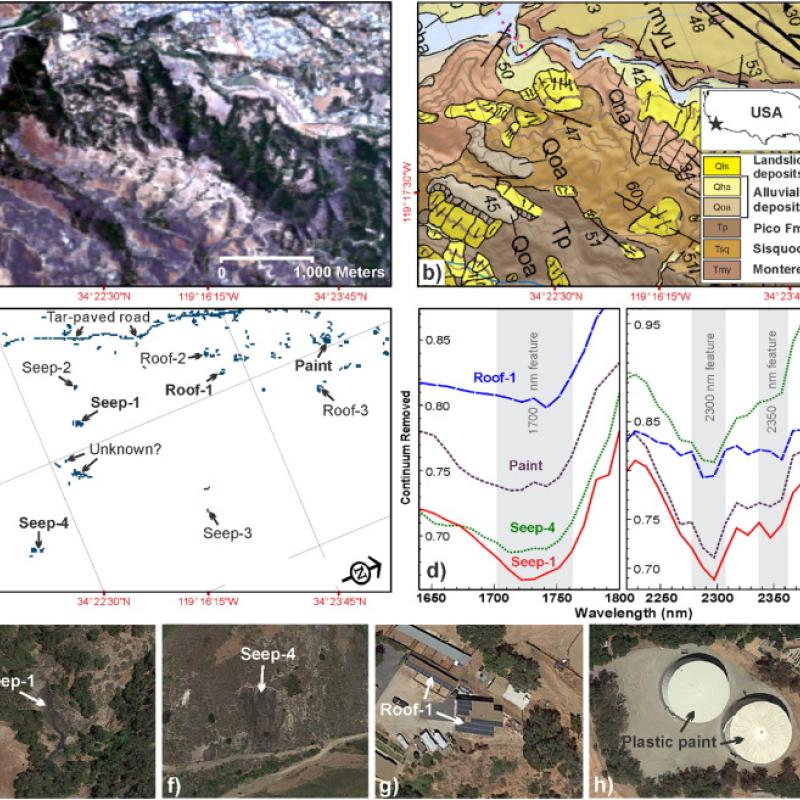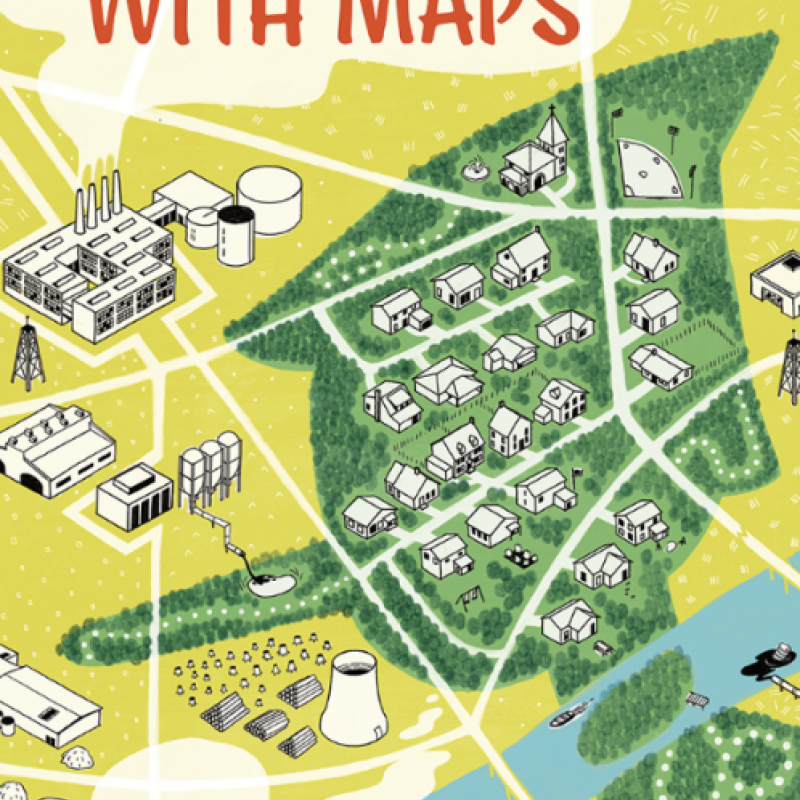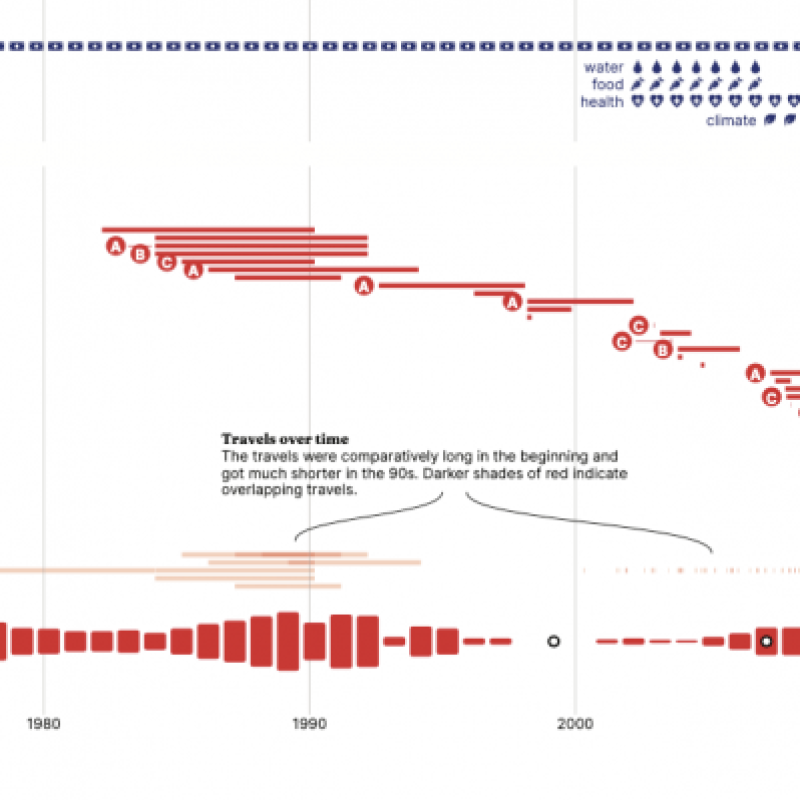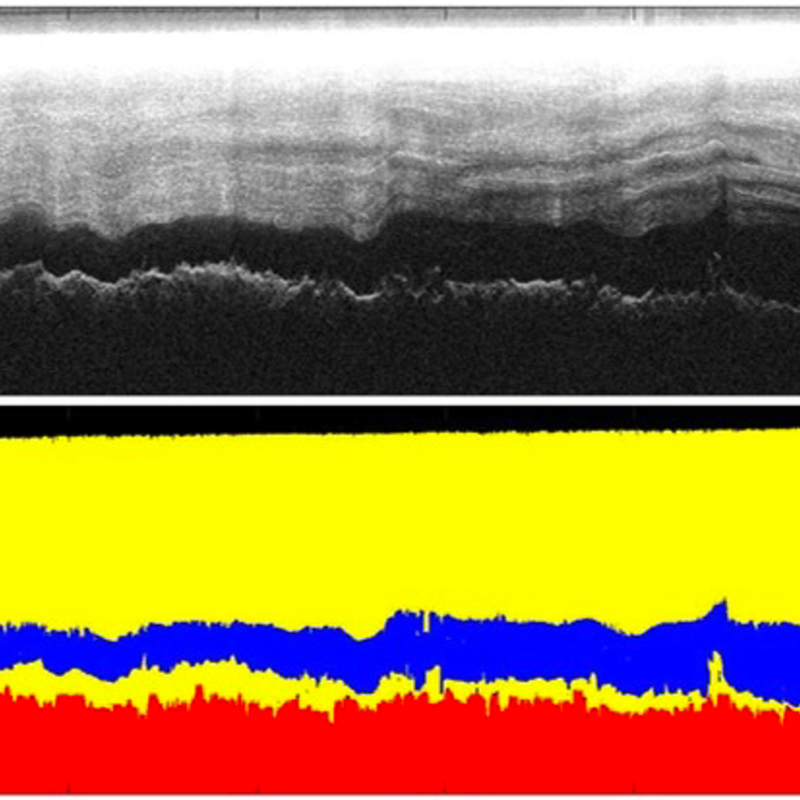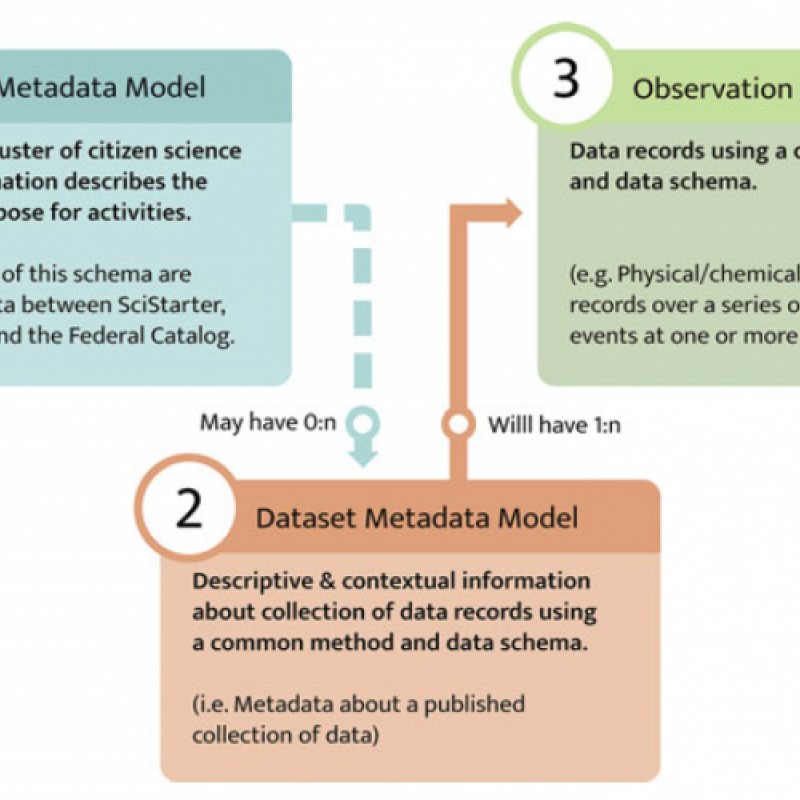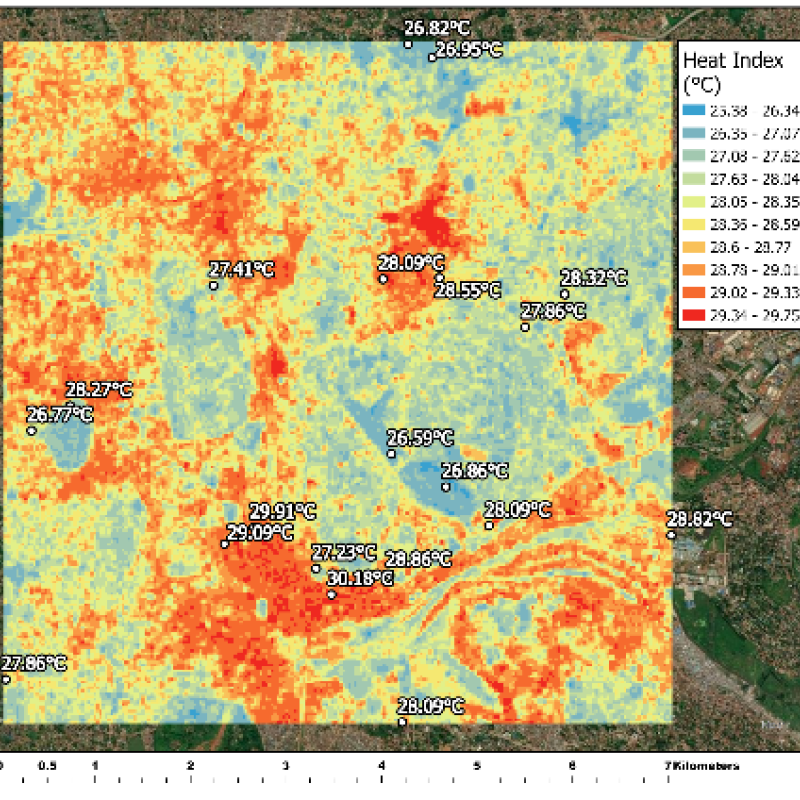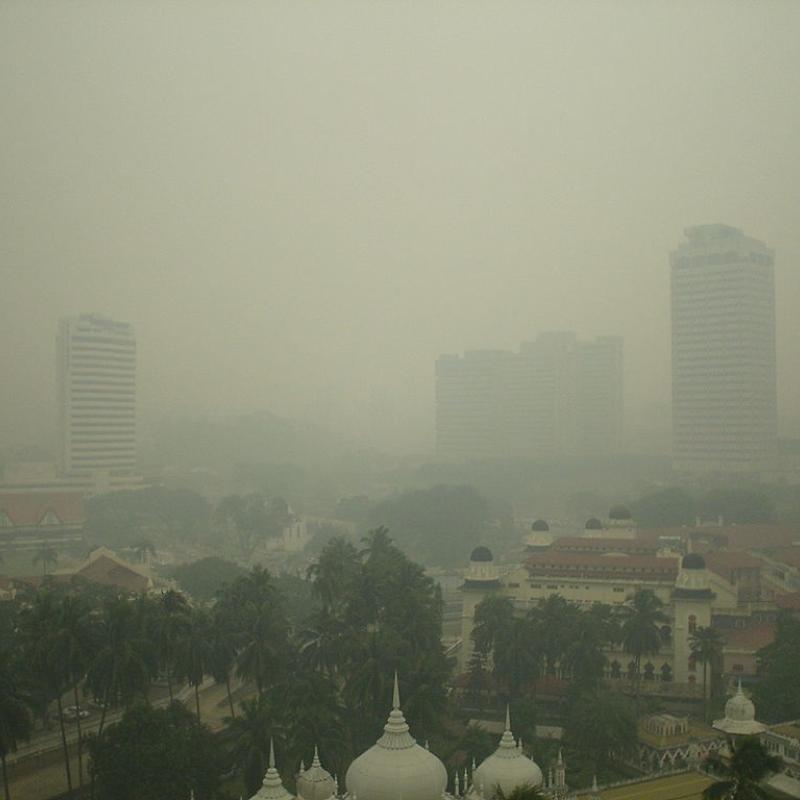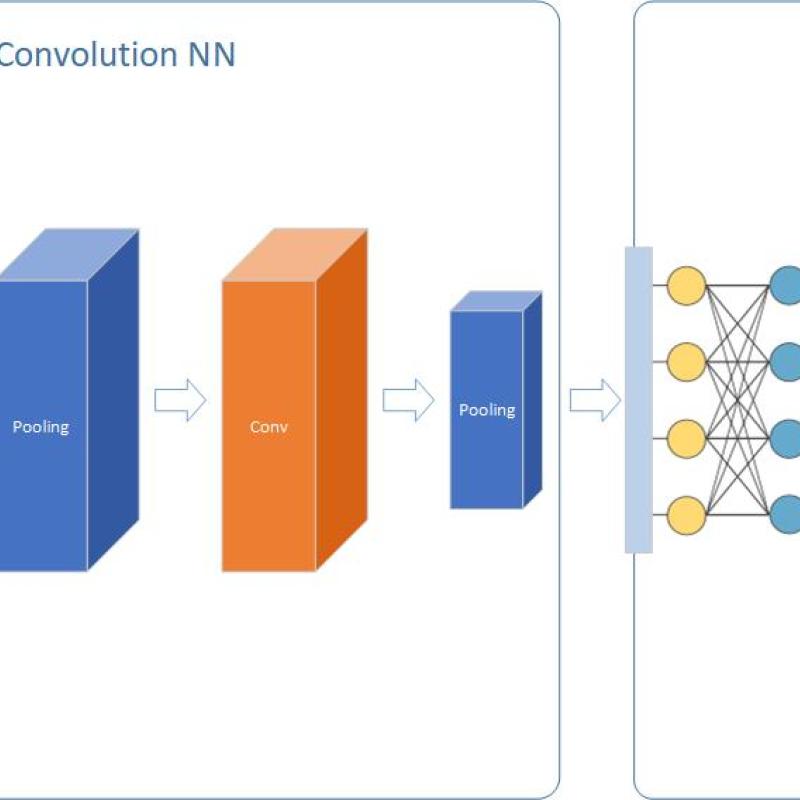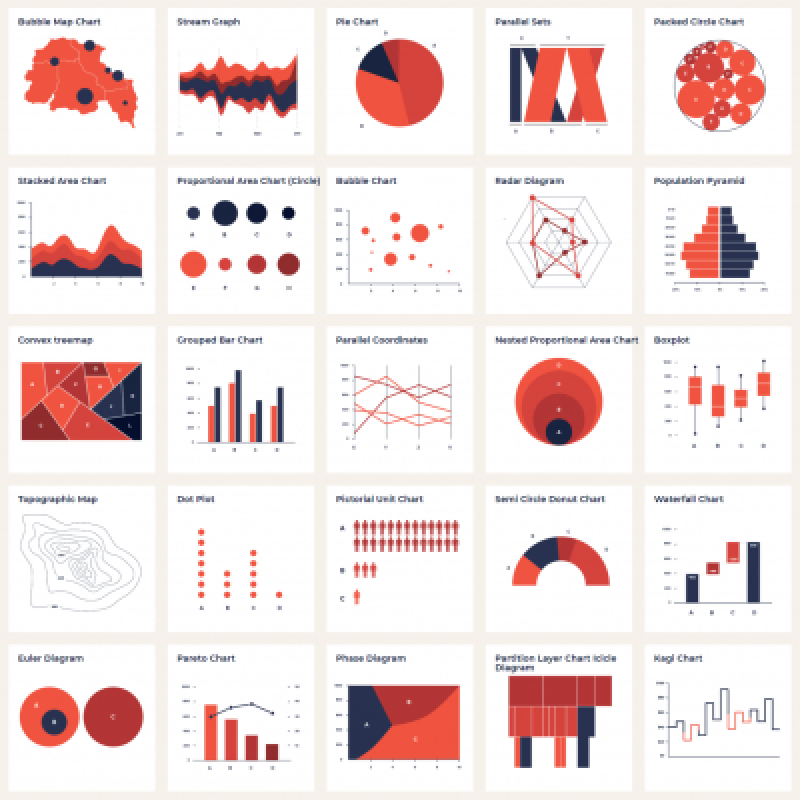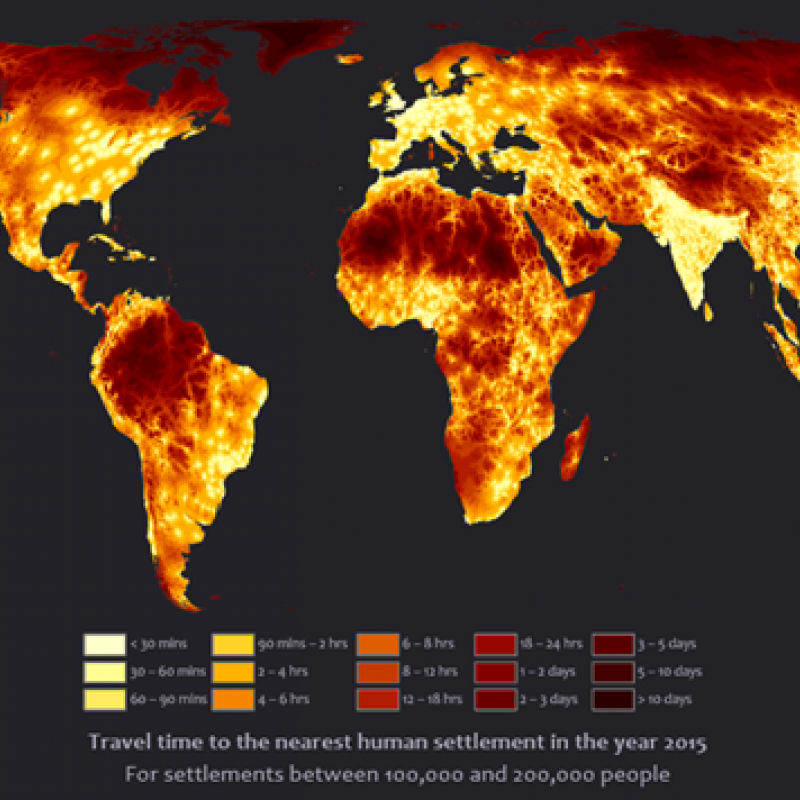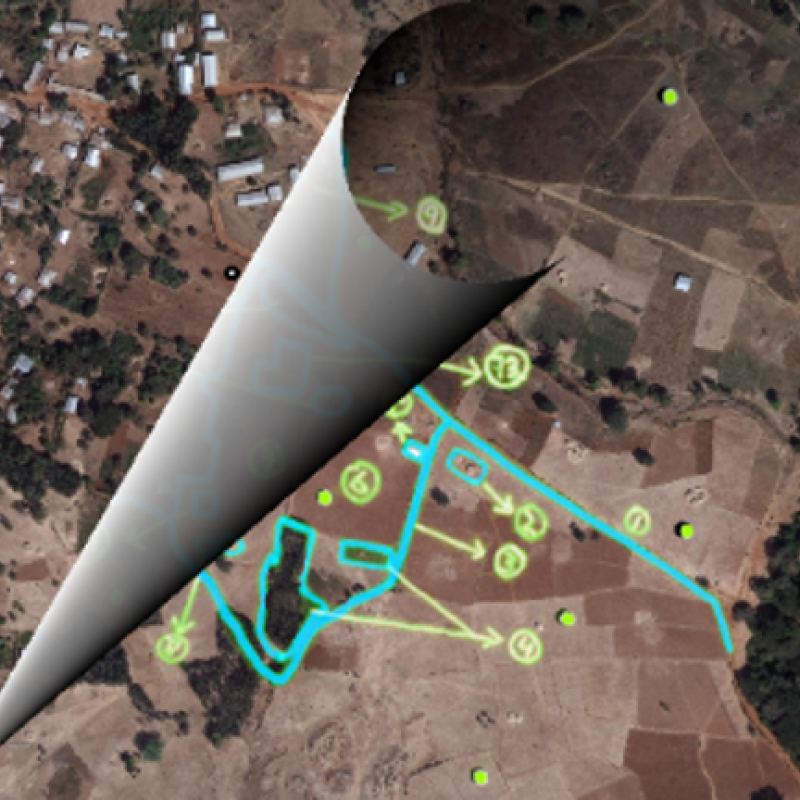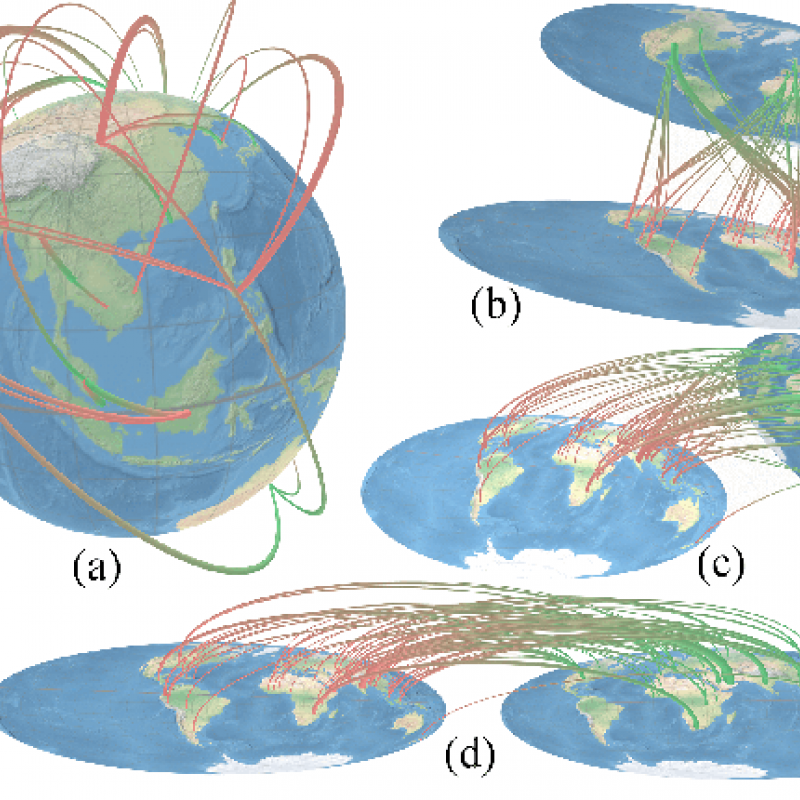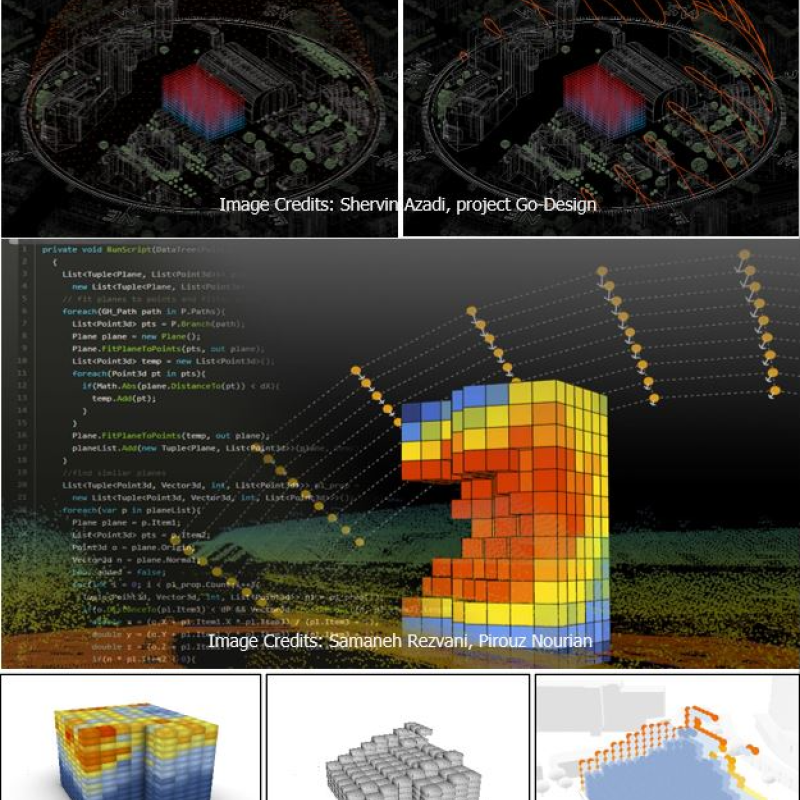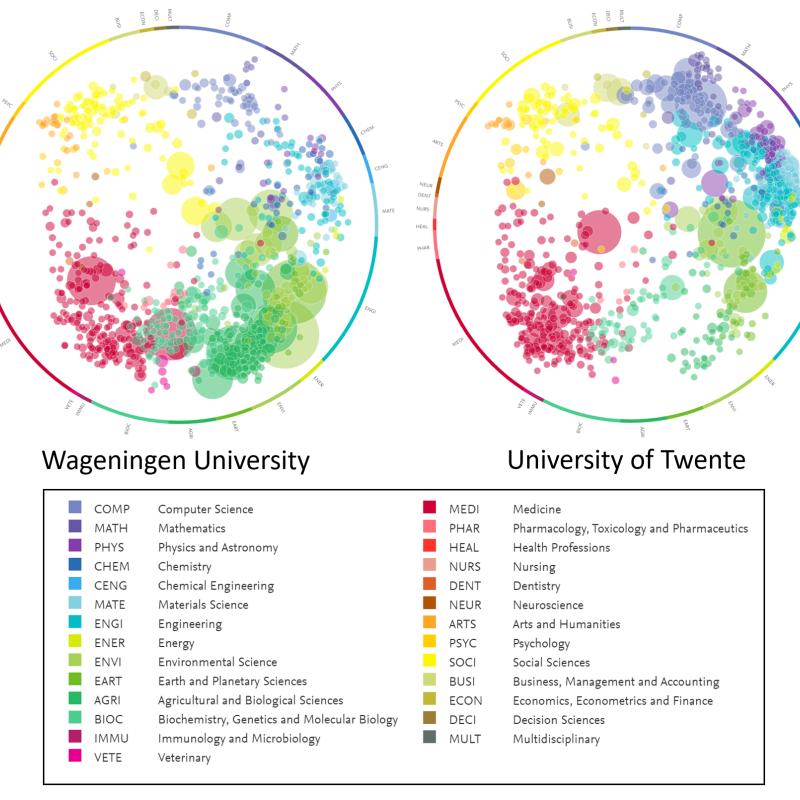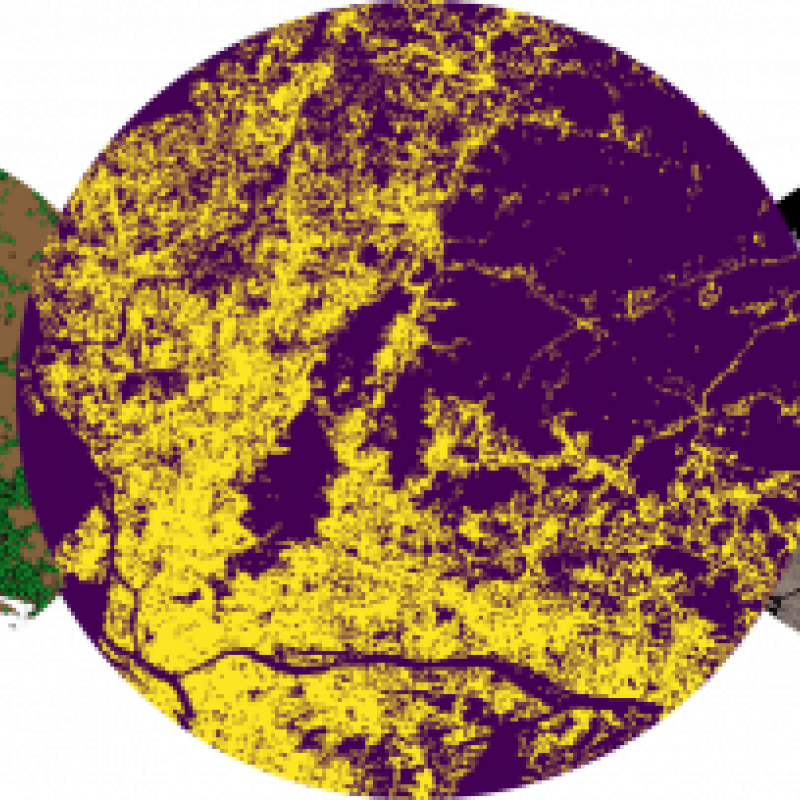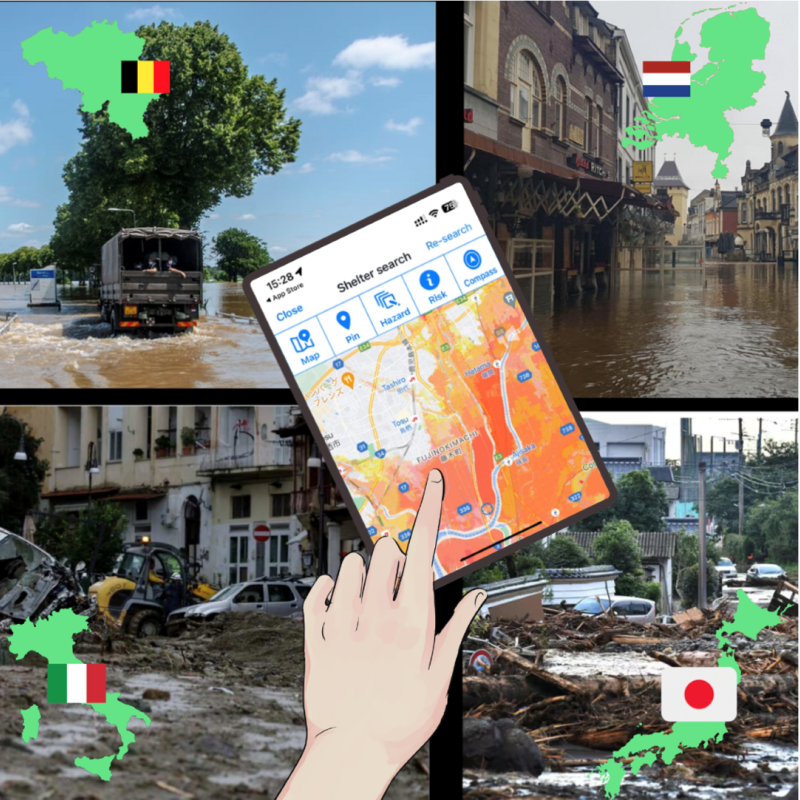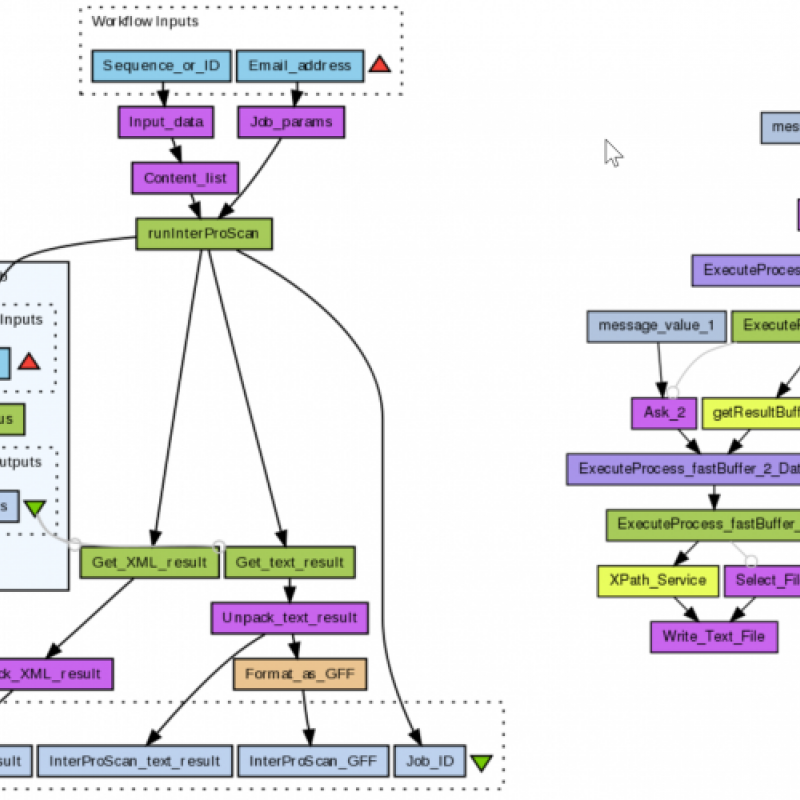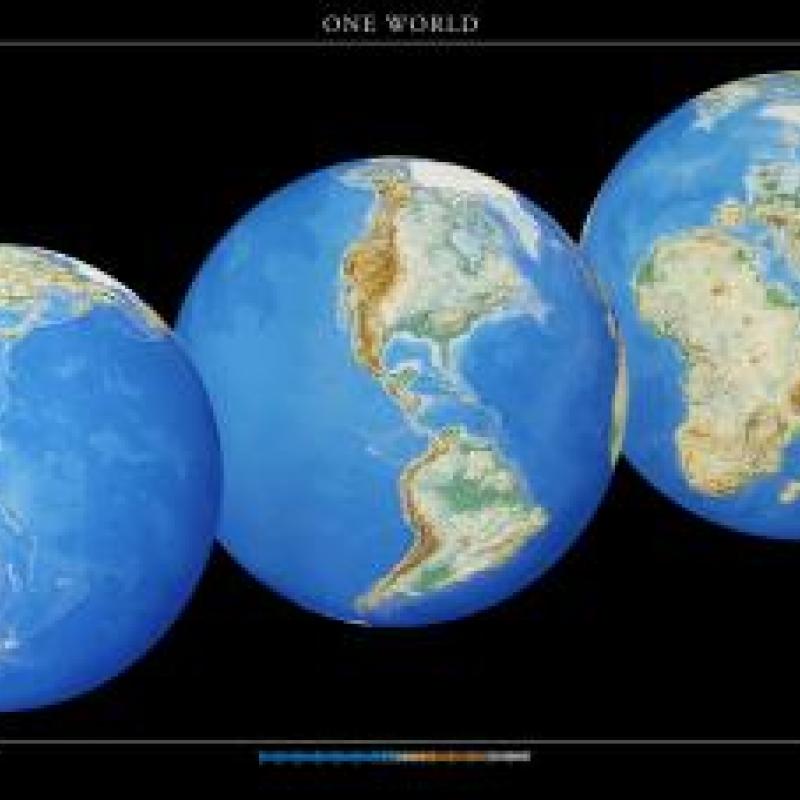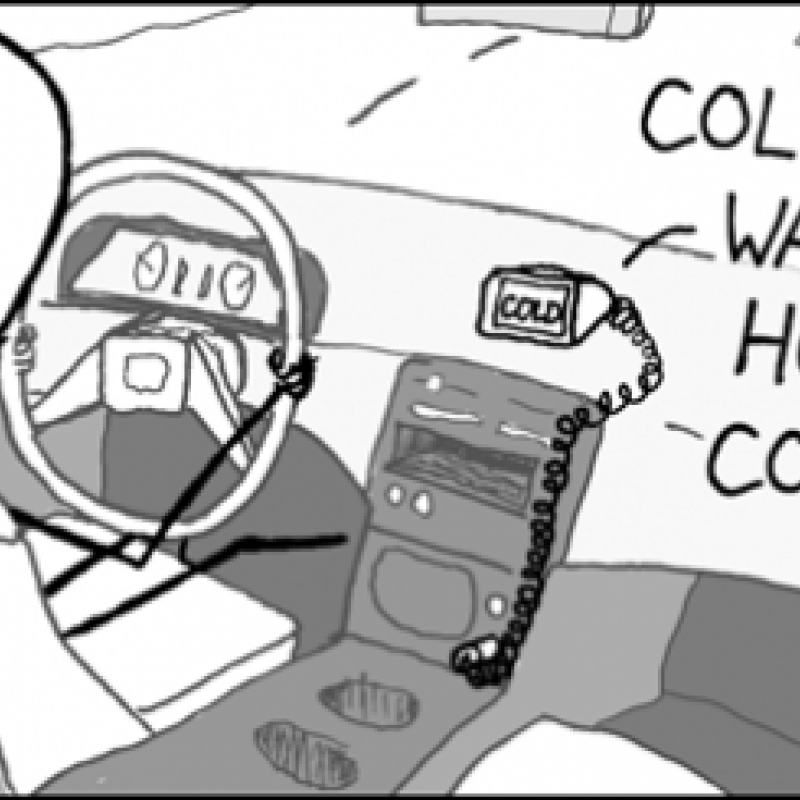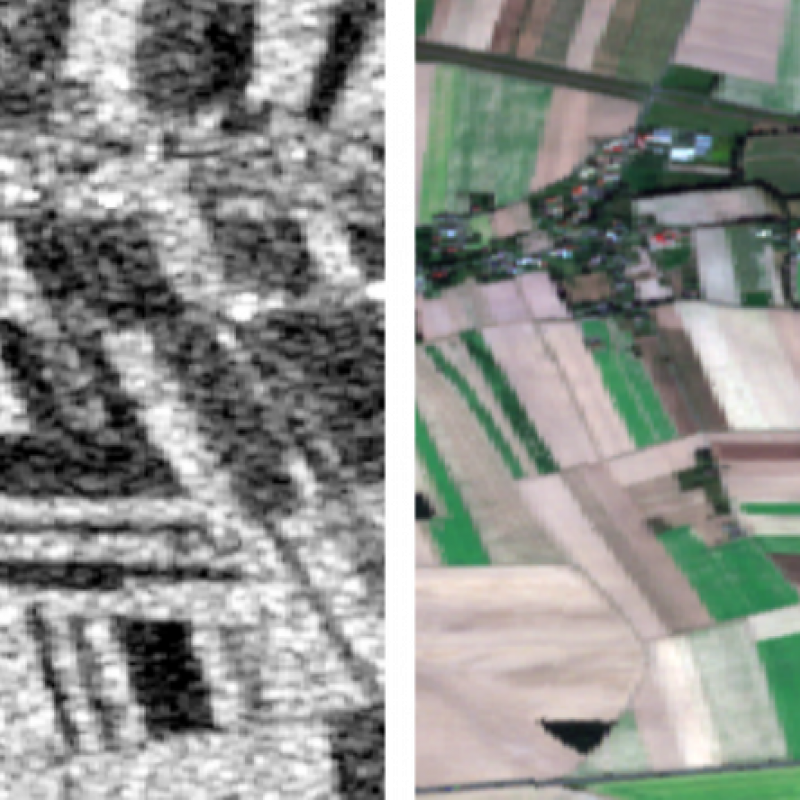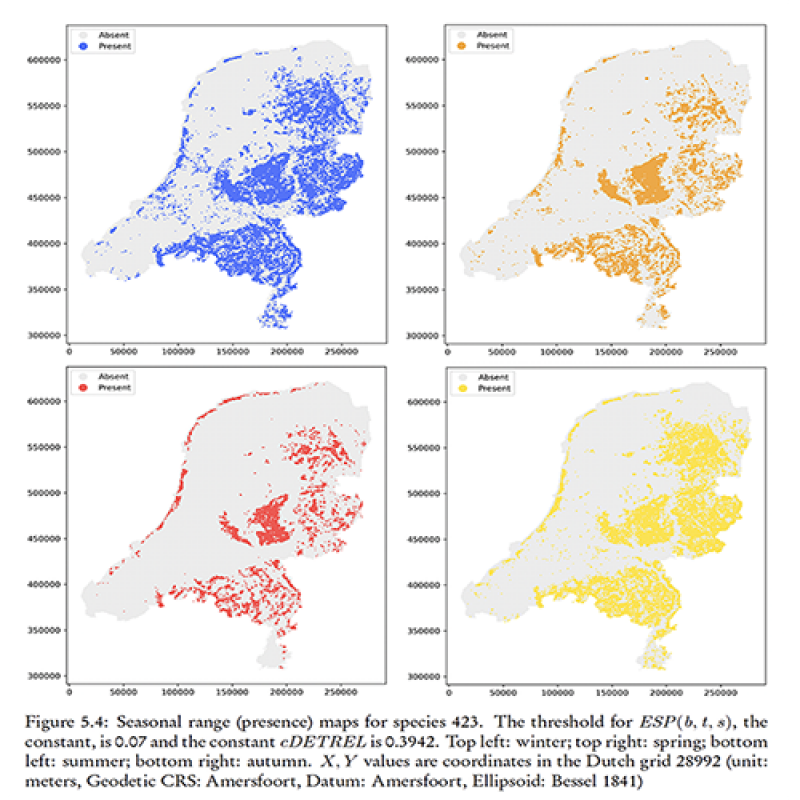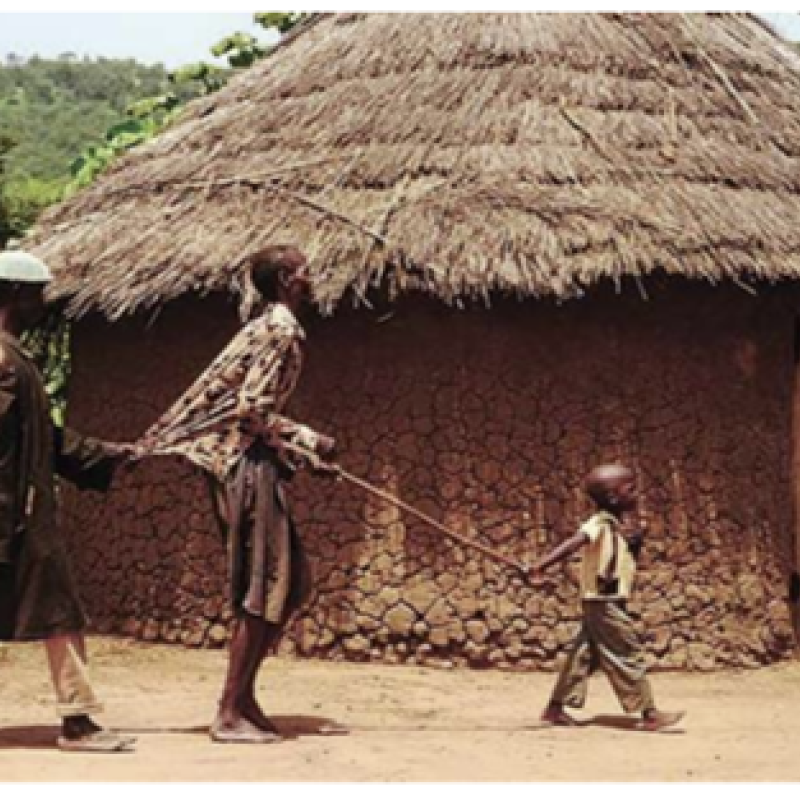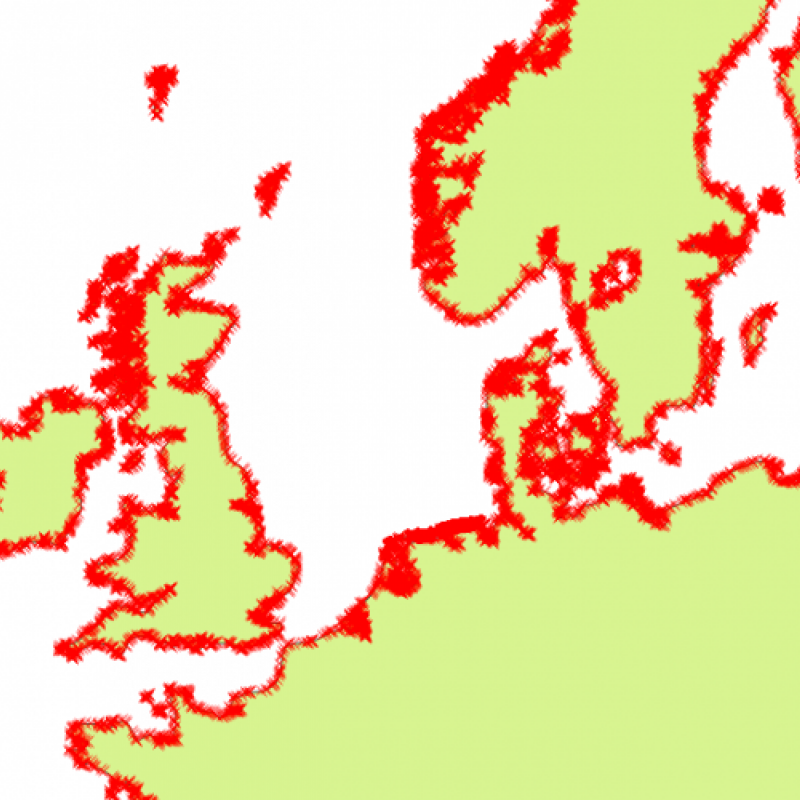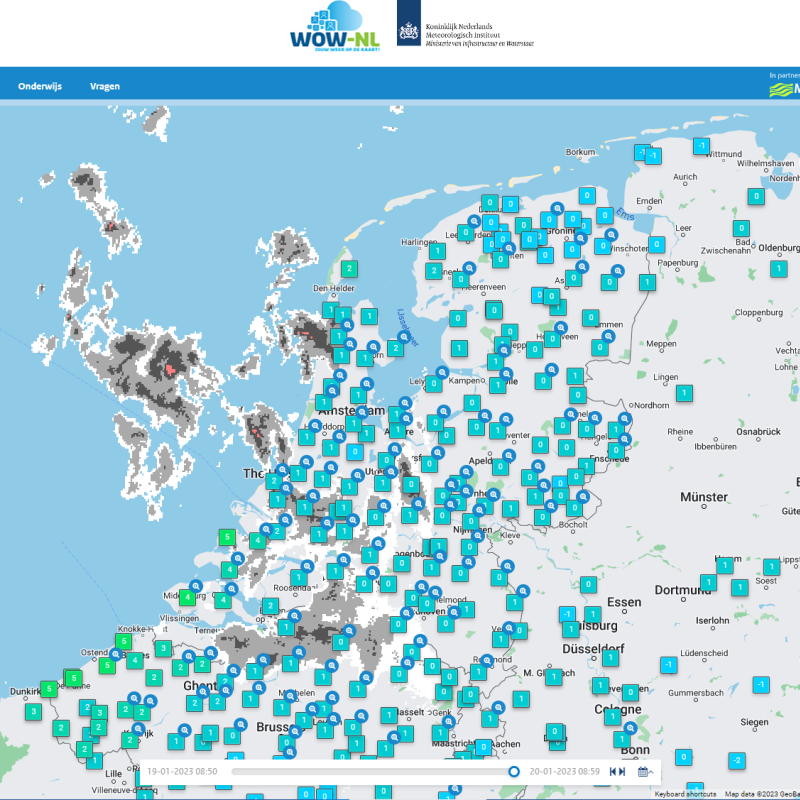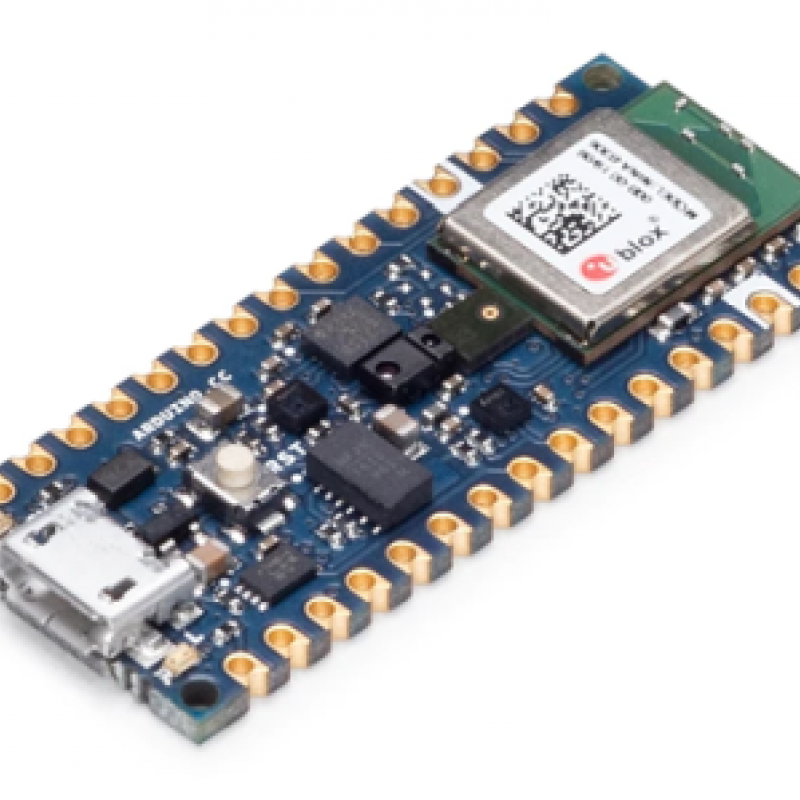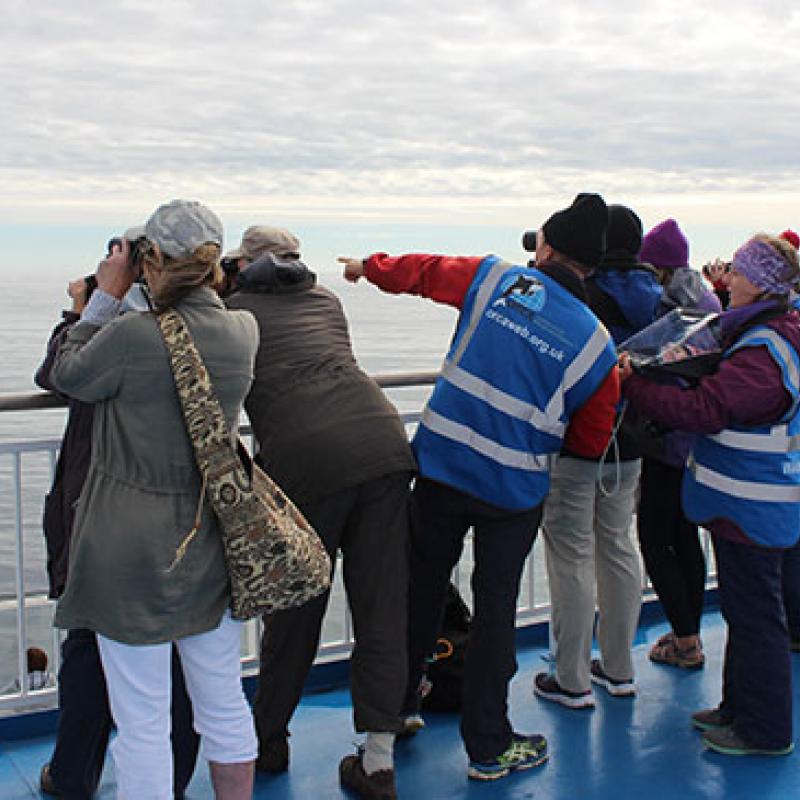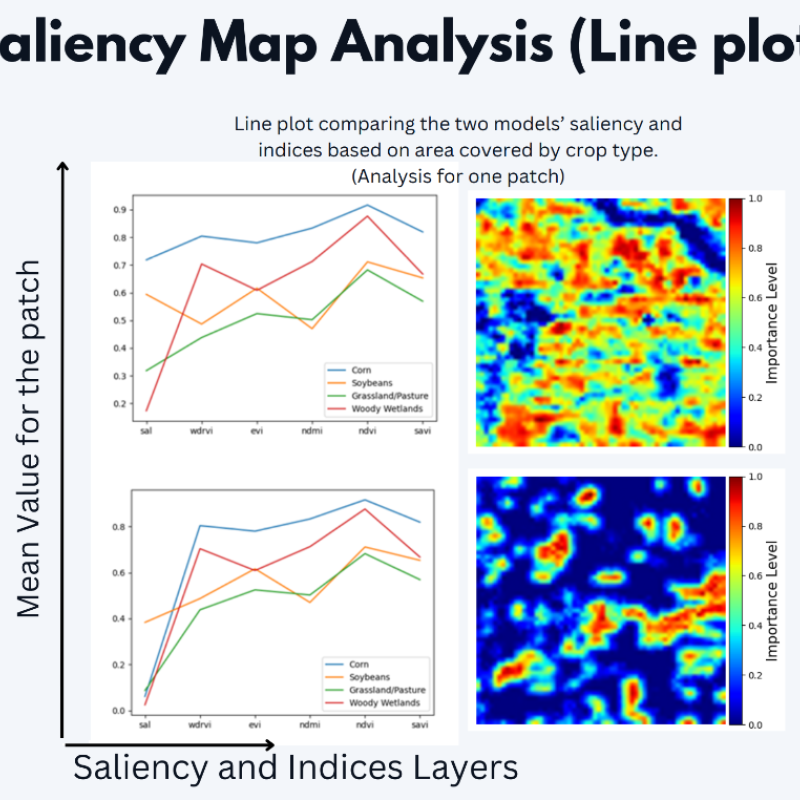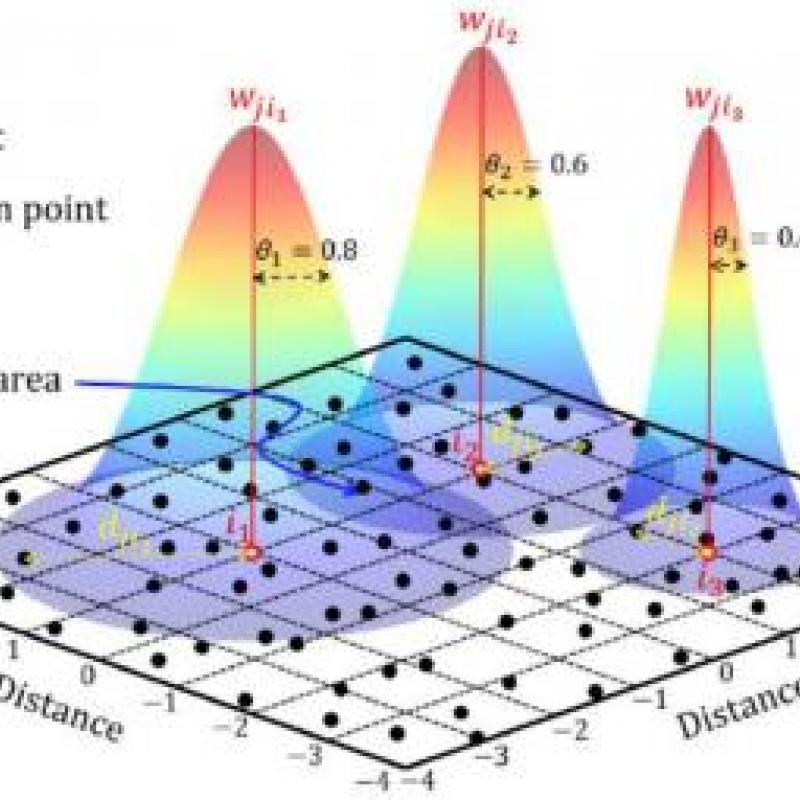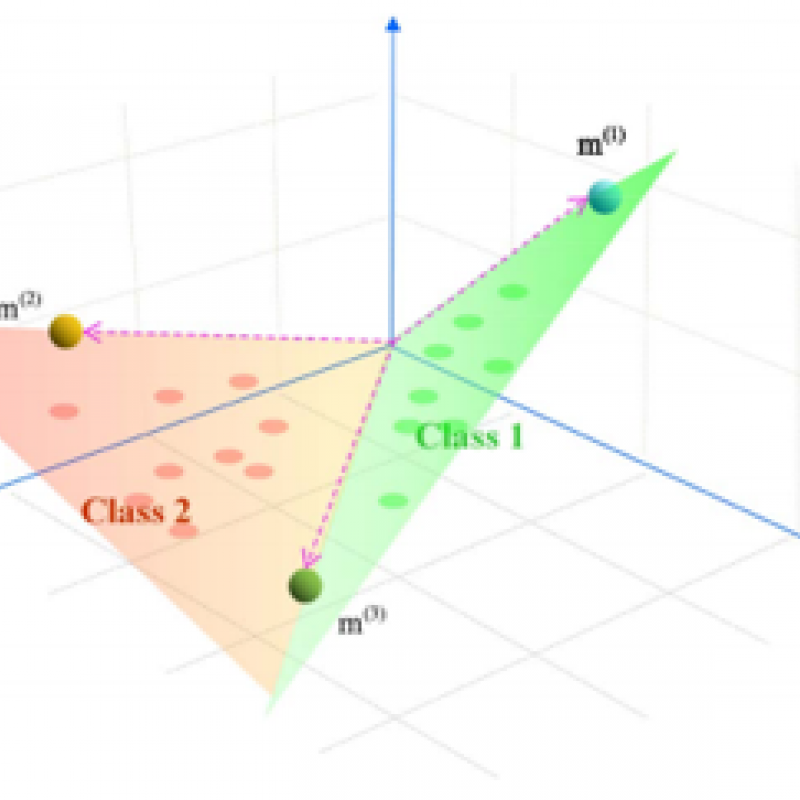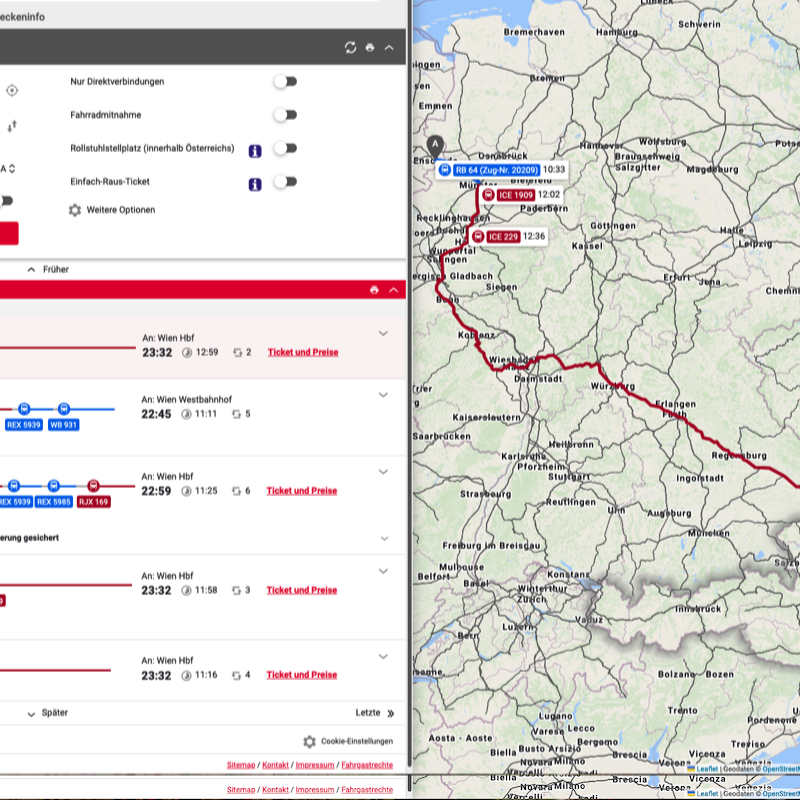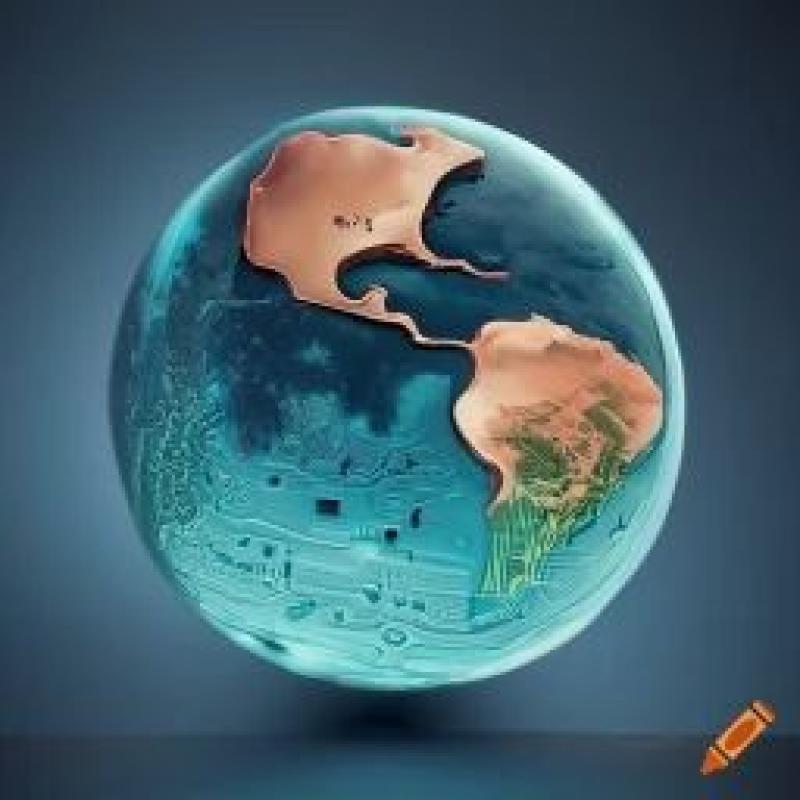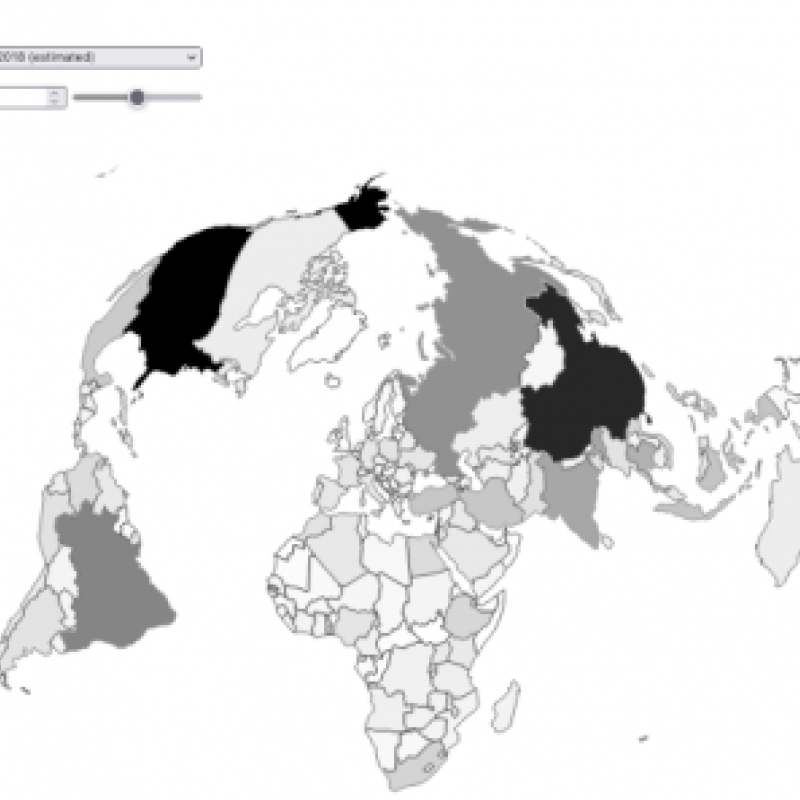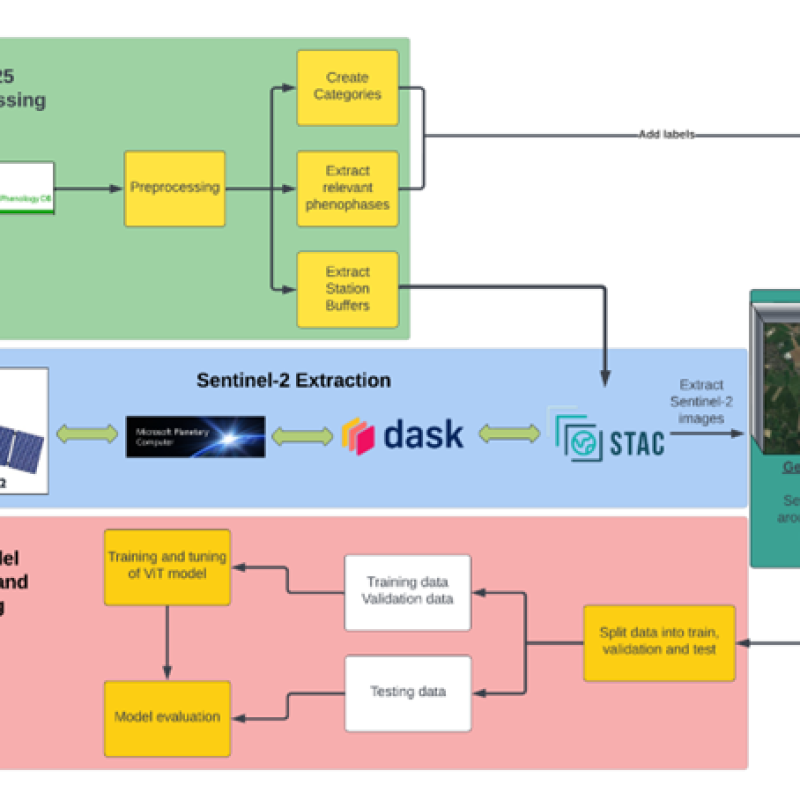Overview MSc Research Topics
Global production, transportation, and consumption of oil can cause inevitable spills into the environment (typically from pipelines, oil wells, and storage facilities) cont
These days simple tools exist that allow everyone to make maps, and subsequently use social media to disseminate the maps, with can reach millions.
Annotations in an interactive atlas environment will support the user to execute atlas tasks, and help them to better understand what they see in respect to the (carto)graphic representations used,
Green spaces are fundamental for the well-being of individuals and communities as they provide areas for recreation, which is essential for the quality of life in cities.
The Antarctic ice sheet covers almost the whole area of the Antarctic continent.
Interest in the formal representation of citizen science comes from portals, platforms, and catalogues of citizen science projects; scientists using citizen science data for their research; and fun
The climate in cities and metropolitan areas (i.e., urban climate) is often different from the climate in the surrounding rural areas due to the presence of buildings, pavement, a
To model air pollution in urban environments while accounting for urban forms using convolutional neural networks (CNN) or Vision Transformers (ViT), open access earth observation
Deep Neural Networks (DNN) is considered as a panacea for different problems in several application areas. But what about spatial modeling?
Data (of any kind) relating to geographic entities such as municipalities, provinces or countries (which may be available for different moments in time), can be represented through maps, but also t
ITC research staff from the GIP, PGM and NRS departments, in collaboration with CRIB have developed global maps that estimate
The use of printed satellite and aerial images for spatial data collection has been prevalent in many participatory geography approaches.
Origin-Destination (OD) flow maps are a popular topic in contemporary cartographic and GIS research because they may show interesting spatio-temporal patterns, but are difficult to render legibly.
The so-called Right to Light in Great Britain, the European standard EN 17037 “Daylight in Buildings”, and similar design codes or standards of good practice provide recommendations for ensuring th
This proposed thesis topic explores the potential of Geographic Information Systems (GIS) data to enhance Environmental, Social, and Governance (ESG) reporting, in response to increasing regulatory
Individuals and the organisations in which they work need to cooperate in projects and research to withstand an increasing competition.
In the realm of artificial intelligence (AI), the advancement of large language models (LLM) like GPT-4, the base model of ChatGPT, has revolutionized natural language processing.
Impervious surfaces are the Earth’s surfaces covered with mainly anthropogenic and artificial structures, such as built-up areas, roads and streets, and parking lots.
This project is part of a 2 year EU MSCA project.
A workflow is considered to be a combination of data and (software) operations.
This project will have the student build multi-globe visualizations in one or more mediums: on desktop computer screens, in virtual reality or augmented reality.
As a result of hardware miniaturization and ubiquitous internet access, there is a wealth of user- and sensor-generated geographic content available, from social media activity to private weather s
Crop mapping plays an important role in agronomic planning and management both for farmers and policymakers. Satellite remote sensing sensors have become efficient tools for mapping croplands.
Mapping the presence or abundance of an animal or plant species is a non-trivial challenge. It often involves elaborate field surveys with strict data collection protocols and usually deep underst
Objective
To develop a deep learning model to estimate the timing of phenological events over large area
Human onchocerciasis (river blindness) is part of the so-called Neglected Tropical Diseases (NTDs) that jointly affect more than one billion people living in impoverished communit
Advances in AI enable new approaches to solve existing problems, but they also create new challenges especially concerning the veracity and validity of digital content.
Optimal performance of computations is one important promise that databases make to their user community.
In cities, temperatures are often higher than in the surrounding areas and can also vary locally.
As a result of hardware miniaturization and ubiquitous internet access, there is a wealth of user- and sensor-generated geographic content available, from social media activity to private weather s
New and affordable sensors (e.g., Arduino Nano 33 BLE Sense, Sensebox) have greatly increased the potential to collect finer-grained environmental information, especially on topics impacting on hum
The mechanism by which we observe a phenomenon that unfolds in space and time fundamentally determines what we can learn about that phenomenon.
The accurate prediction of crop yields is a critical element in ensuring global food security, managing agricultural markets and supporting the decision-making processes of farmers and
Geo-referenced time series are data describing the time-changing behavior of one or more attributes at fixed locations and consistent time intervals [1].
Why are maps not often used in railway planning apps? What is the (potential) role of maps in railway journey planners, and what do users need?
Although large language models (LLM) have been around for a while, the public release of ChatGPT demonstrated a quantum leap in the abilities of these models to respond to natural
Interactive computational notebooks are browser-based tools that support shared workflows, coding, data, and visualisations.
Environmental noise has been associated with increasing blood pressure, heart disease, and sleep disturbance, among other complaints.
To develop a model to estimate the timing of phenological events over large areas from time series of earth observation data using vision transformers, a fierce alternative to tra

